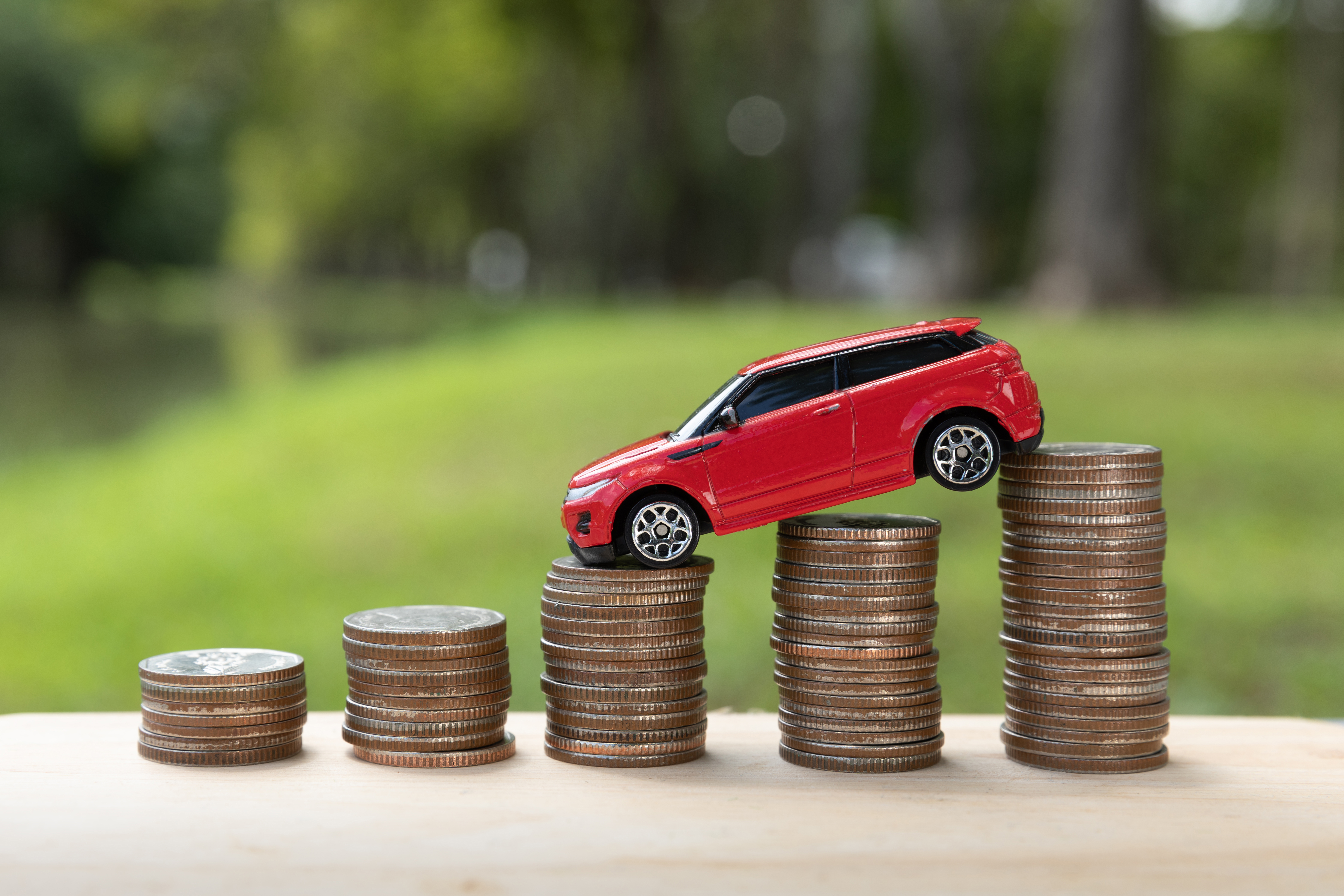Car Loan

Car Loan
Owning a car is no longer a luxury—it’s a necessity. Whether you’re buying your first car, upgrading to a better model, or purchasing a used vehicle, UGMoney Capital offers flexible, affordable, and fast car loan solutions to turn your dream into reality. Our car loan services are designed to make the vehicle ownership journey simple and stress-free. With attractive interest rates, minimal documentation, and quick approvals, we help you get on the road faster. Whether you're an individual, a salaried employee, a self-employed professional, or a business owner, we offer car loans tailored to your financial profile.
A Car Loan is a powerful financial tool designed to support individuals in achieving their vehicle ownership goals. At UGMoney Capital, we offer customized car loan solutions for first-time buyers, upgrade seekers, and used car purchasers across various segments. Whether you need funds for a new car, a better model, or a reliable used vehicle — our car loans provide the right support at the right time.
With UGMoney Capital, you can enjoy a seamless car loan experience with competitive interest rates, flexible repayment options, and a quick approval process. Our dedicated team is here to assist you at every step, ensuring you find the perfect car loan solution that fits your needs.
Loan Requirements
To apply for a car loan, applicants must submit basic KYC, vehicle details, financial documents, and bank statements to ensure credibility, repayment ability, and smooth loan processing
- Valid identity and address proof (Aadhaar Card, PAN Card, Voter ID, etc.) of the applicant or car owner.
- Proof of Utility bills, rental agreement, passport, or voter ID to verify the applicant's address.
- Last 6 to 12 months of personal bank account statements to assess cash flow and repayment capacity.
- Latest salary slips for salaried individuals or ITR/bank statements for self-employed.
- From the dealership, indicating model and on-road price.
-
Can I get a car loan for a used car?
Yes, UGMoney Capital provides car loans for both new and certified used cars, with flexible terms and competitive interest rates.
-
How much loan can I get for buying a car?
You can get up to 100% of the on-road price of the car, depending on your income, credit profile, and the vehicle type.
-
What is the typical repayment tenure for a car loan?
Car loan tenure typically ranges from 12 to 84 months, allowing you to choose a repayment plan that best suits your budget.